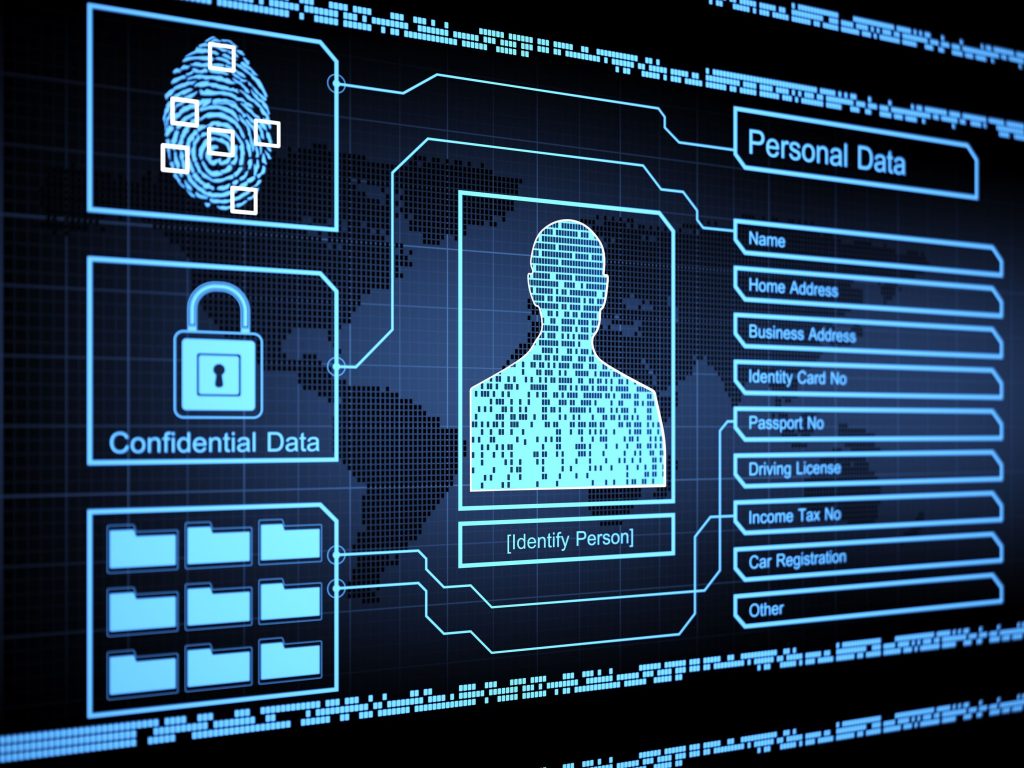
The rapid adoption of artificial intelligence (AI) across industries has unleashed innovations and efficiencies at an unprecedented pace. However, it has also raised profound questions around data privacy and ethics that societies are grappling to address. As AI systems powered by data permeate various facets of life, upholding public trust demands urgent focus on emerging challenges in this arena.
The AI Data Conundrum
Many contemporary AI systems, particularly machine learning models, are extremely data hungry - they require vast datasets to train algorithms to handle complex tasks. This necessity for data continuously bumps up against privacy laws and ethical norms. Recent issues like law enforcement agencies leveraging facial recognition databases and deepfakes exemplify the rising tensions between AI advancement and moral lines in the sand. Where exactly is the balance between data-derived social benefits and intrusions on personal privacy by collective surveillance? How do societies ensure consent and self-determination in an algorithms-driven world? These questions underline the Brewing perfect storm of advancing AI and lagging data regulations.
Trust Deficity and Black Box Opacity
Public opinion surveys reveal a profound trust deficit between citizens and institutions regarding AI and data practices. Various factors drive this erosion of faith - opaque automated decisions, suspicions of mass surveillance overreach, high-profile data breaches and more. The black box nature of complex machine learning heightens anxieties of loss-of-control over how personal data gets utilized behind the scenes. Restoring public trust demands urgent attention towards transparency, explainability, opt-out abilities and accountability measures by data controllers.
Invisible Biases and Propaganda Risks
There are also rising apprehensions over risks of encoding societal biases and misinformation into AI models derived from imperfect real-world datasets. As algorithms interact with and impact lives, what moral duties exist to continuously audit for prejudices and penalize falsehoods? For instance, how do we address racist or sexist correlations that emerge from historically biased data? Who oversees and regulates the integrity of data flows feeding AI? The lack of visibility into data provenance and oversight raises profound ethical alarms.
Balancing Innovation and Responsibility
As AI advances introduce thorny data issues, the path forward lies in balancing innovation with responsibility. Technical solutions like privacy-preserving machine learning offer promising directions to realize benefits while respecting ethical lines. However, truly moving the needle requires a comprehensive approach - updated regulations, digital literacy programs, incentives for ethical data sourcing, external audits, consumer empowerment policies and more. With collaborative action, proactive foresight and moral vigilance, societies can nurture cutting-edge AI built upon a foundation of public trust.

